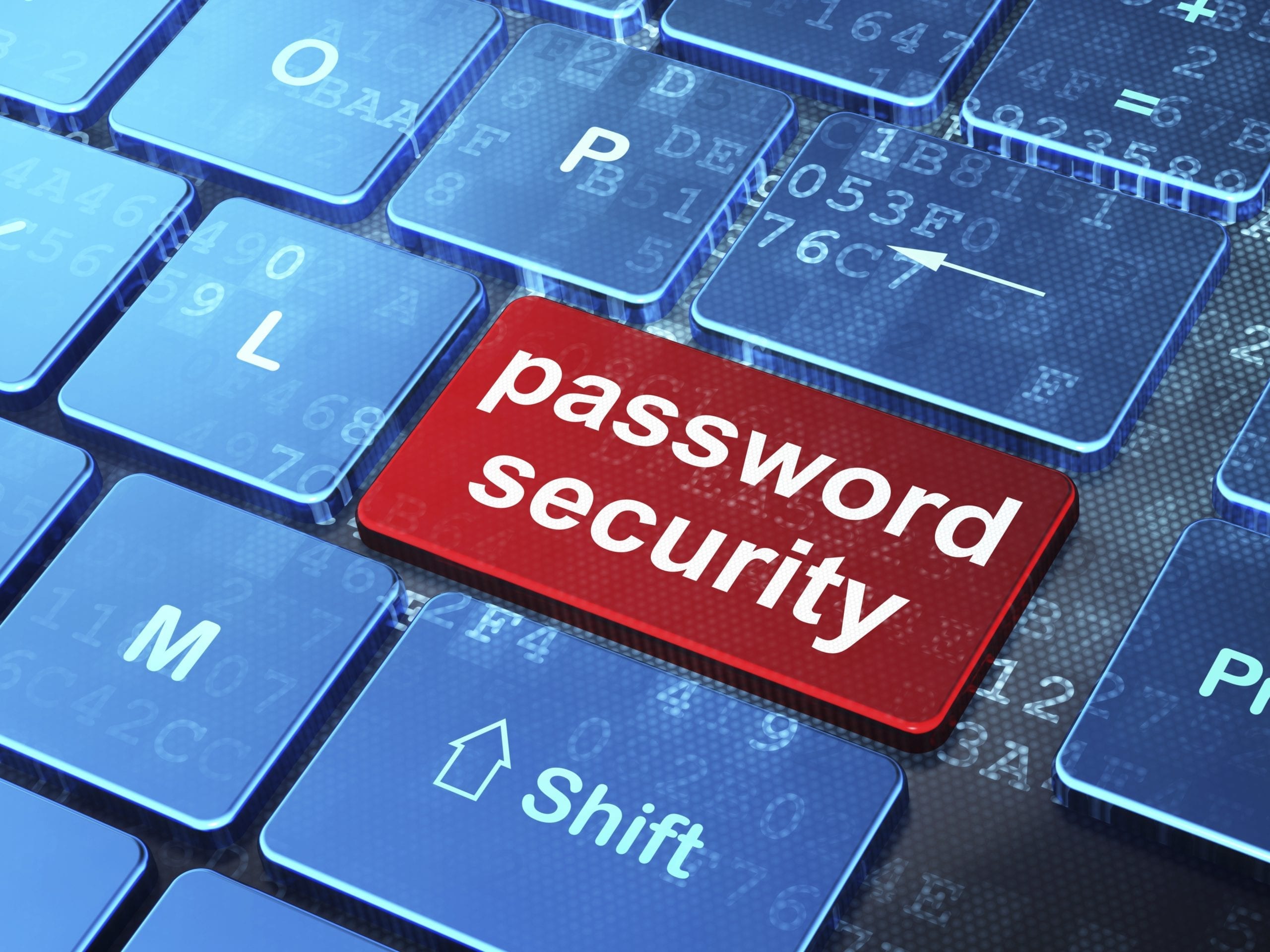
When you think about the number of hacking cases we’ve seen over the years, it begs the question: how secure is my password? For most people, the answer is not as secure as you think. In fact, “123456” and “password” were the most commonly used of 2015. To make sure your greatest line of defense against cybersecurity disasters is as strong as possible, familiarize yourself with these best practices.
How Secure is my Password?
Different Passcodes for Different Accounts
One of the worst things you can do in terms of online security is use the same password for all of your accounts. You don’t need a PhD in computer science to understand that if you always use the same combination, someone who gains access to one of your passcodes now has all of them.
The Characteristics of a Code that’s Tough to Crack
For a strong password, make sure it fulfills these requirements:
- Exceeds the minimum character requirement: The more characters a potential hacker has to guess in order to access your information, the more difficult the process becomes.
- Includes a healthy mix of characters: Using a mixture of numbers, symbols, capital letters and lower-case letters makes for a cryptic code that’s hard for anyone to guess.
- Doesn’t make use of words that are easy to guess: Even though it makes your passcode easier to remember, using your real name, your company’s name, your pet’s name, your hometown—anything that is directly related to your life—also makes it easier for someone to gain access to your account. Instead, opt for random combinations.
If you follow these guidelines, you’ll end up with something bizarre like “DnE43m&#S!” which is nearly impossible to remember. Don’t worry about that, we’ve got a solution.

Keep Organized
When you have different login credentials for every one of your online accounts, you’ll have to remember a ton of unique combinations of letters and numbers. Fortunately, there are easy-to-use pieces of software that help you store this sensitive information. A password manager works like an encrypted safe house that guards your account information and makes it accessible to you when you need it.
Security Testing
After you think you’ve got a strong password, it’s time to put it to the test. There’s a website called “How Secure is my Password?” that tells you how long the average PC would take to guess a given passphrase. Play around with different combinations, and you’ll see that adding numbers and special characters makes an enormous difference.

When to Change it up
Though it may seem counterintuitive, you don’t necessarily have to change your password regularly. Internet security expert Bill Schneier explains that frequently updating your login information doesn’t offer you enhanced protection from the most common types of cyber-attacks we see today. However, it is important to update your credentials immediately after you suspect your information has been compromised.
Now, the next time you wonder, “How secure is my password?” you’ll know the answer. Also, make sure you understand how to update your login information on any device to reap the benefits of maximum cybersecurity.
{{cta(‘21368358-003c-4f37-b530-9631af96b096’)}}





